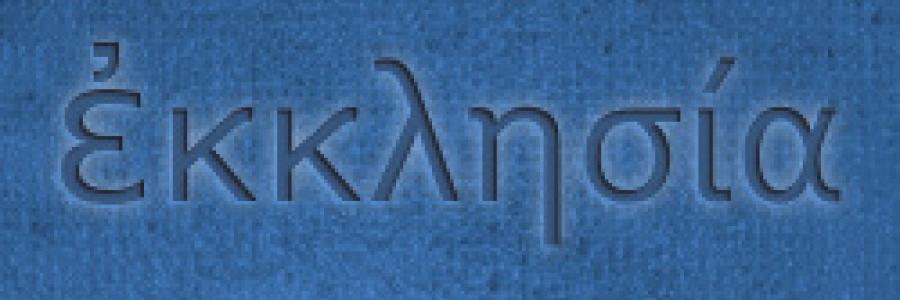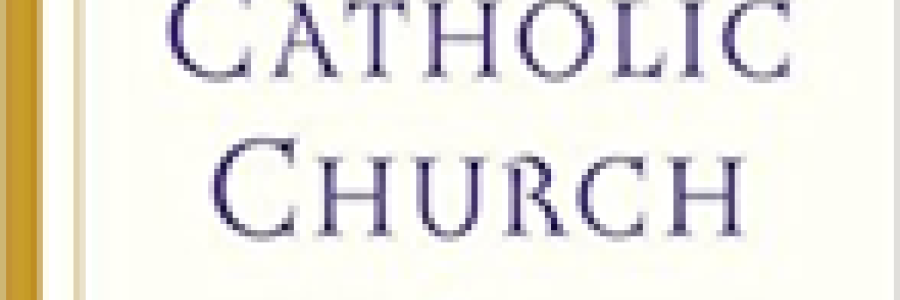Should Women “Be Silent in Church?”
Let your women keep silence in the churches: for it is not permitted unto them to speak; but they are commanded to be under obedience, as also saith the law. And if they will learn any thing, let them ask their husbands at home: for it is a shame for women to speak in the church. (KJV, 1 Cor. 14:34–35)



Discussion